Creamy dreamy hummus – I know how!
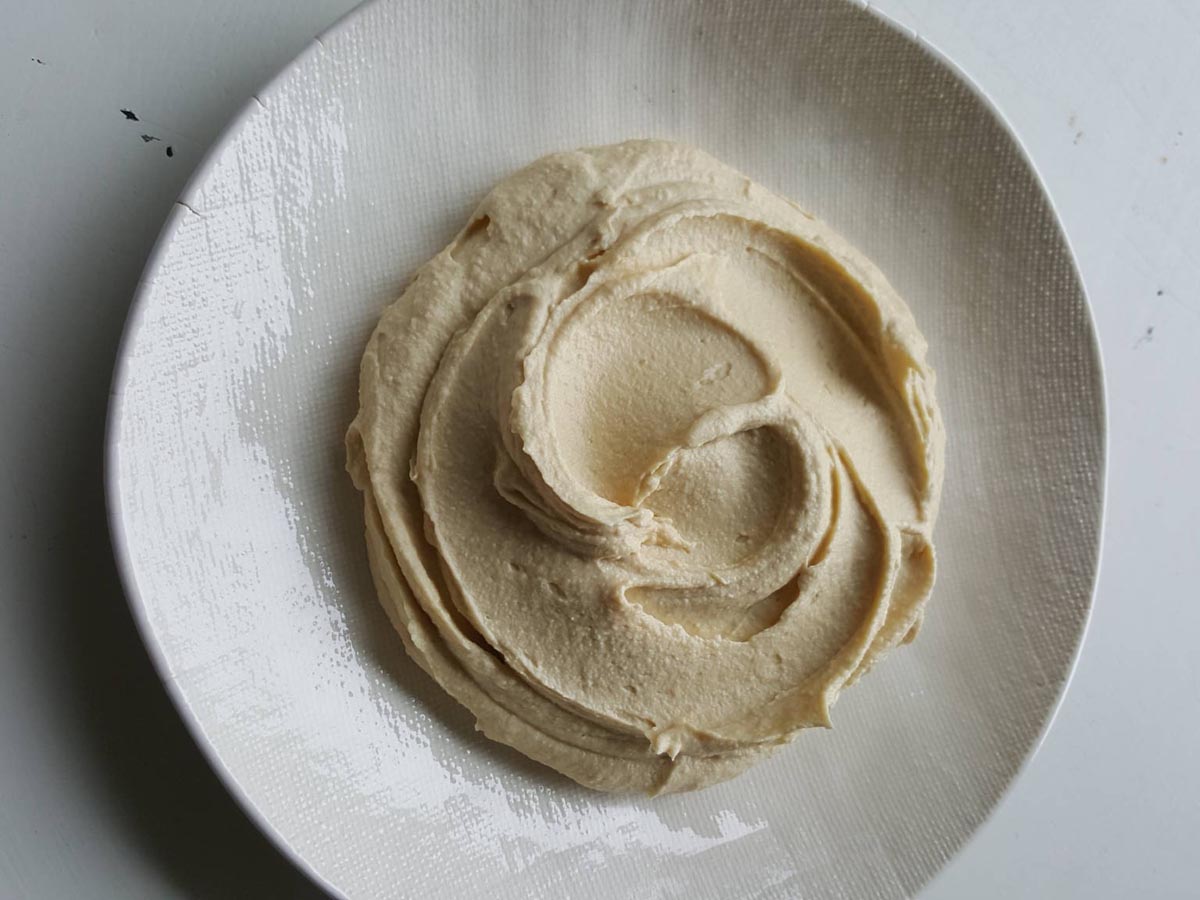
I might just have to suck this one up … yep, the old wive’s trick works.

I might just have to suck this one up … yep, the old wive’s trick works.
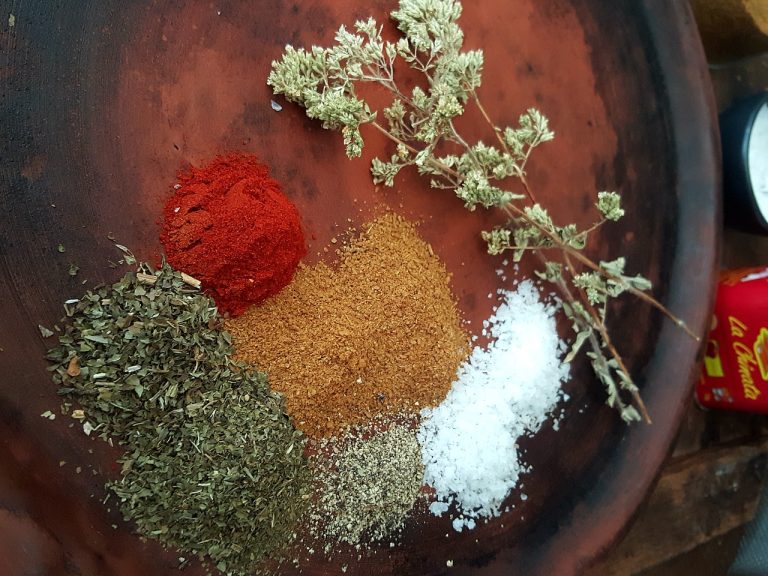
Rub in flavour!
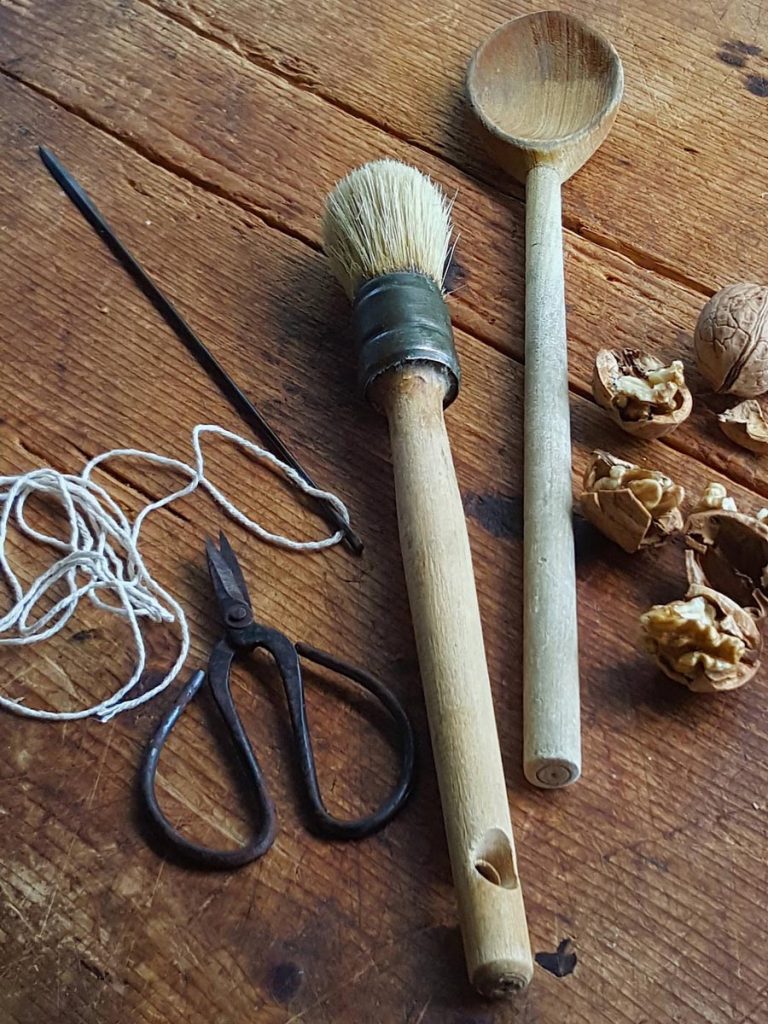
Turkey timers? Nah. Wiggle the legs, poke in the skewer… Juices clear? Good to go.
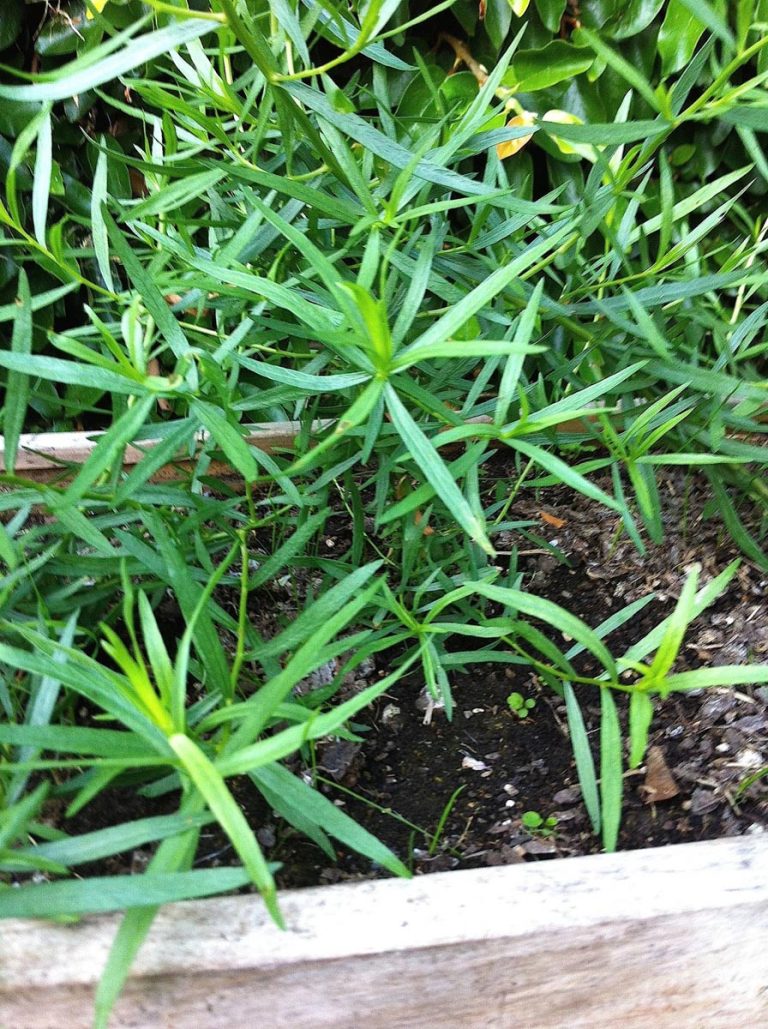
Russian tarragon is all puffery and little substance – you want taste, not masses of greenery.
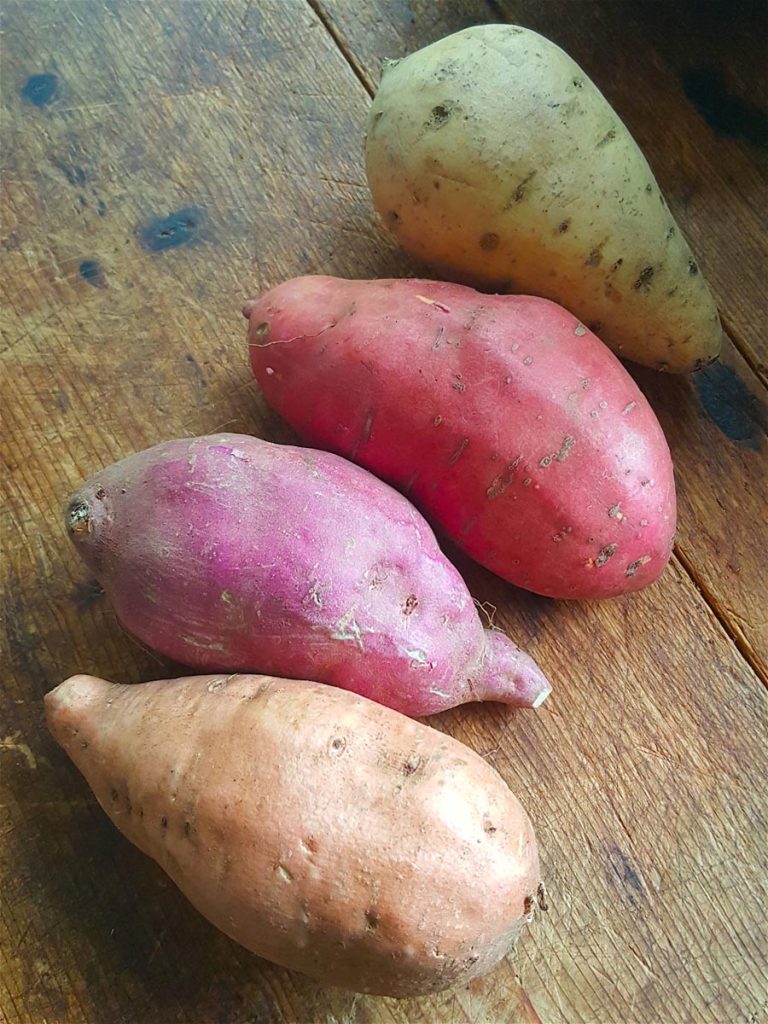
Sweet and colourful, kumara offers more than just being an accompaniment to a roast.
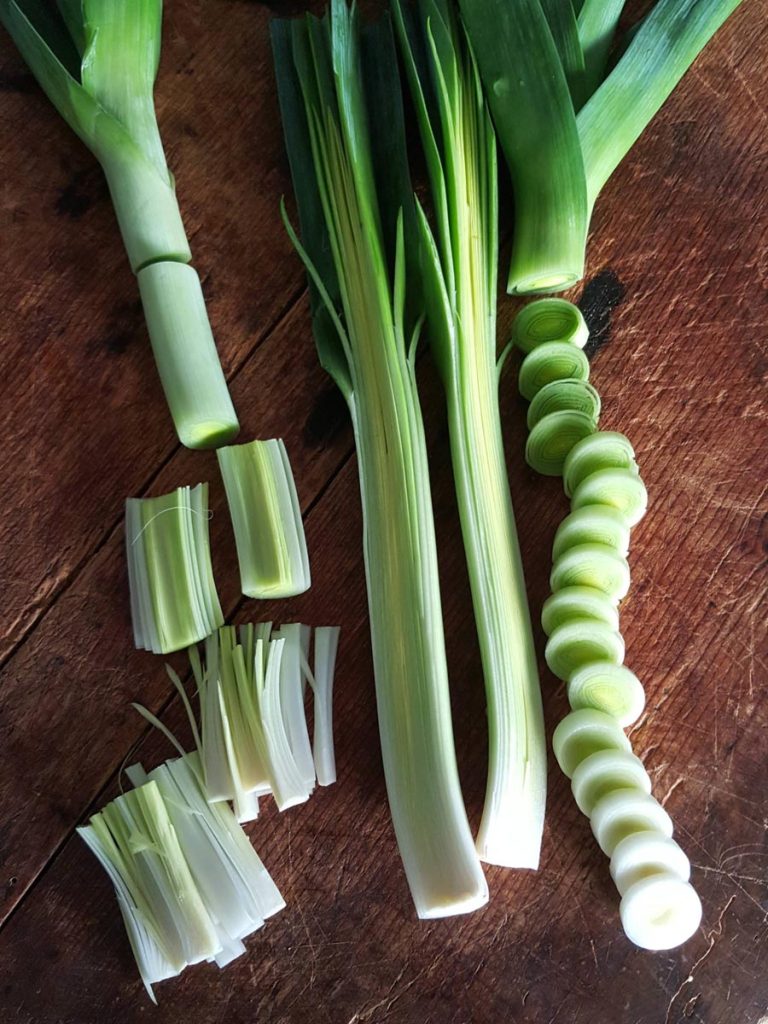
Most of us have heard of cock-a-leekie (a Scottish soupy stew made with chicken and leeks) but hat-a-leekie is something else. Why anyone would want to wear a leek in their hat is beyond me.
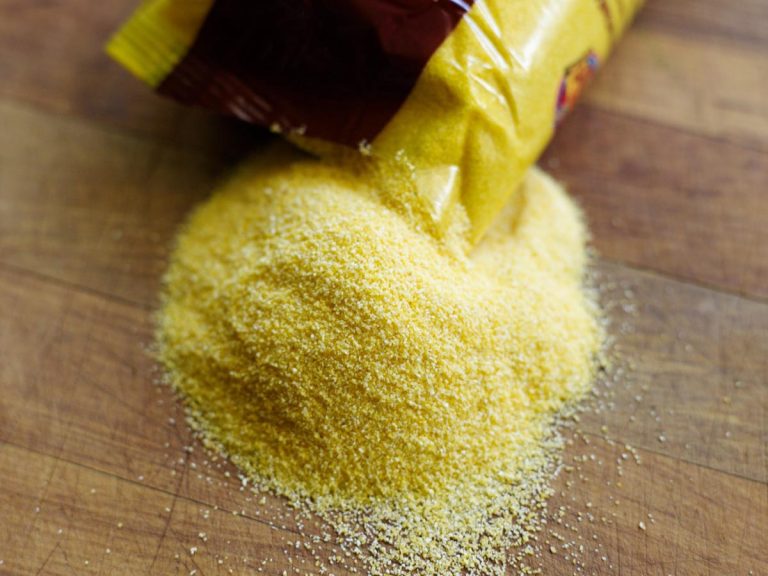
Polenta may have humble origins, being served as a type of gruel back in the day, but just look at it now!
No products in the basket.
Welcome to the new Shared Kitchen experience! If you encounter any issues, please let us know. Dismiss